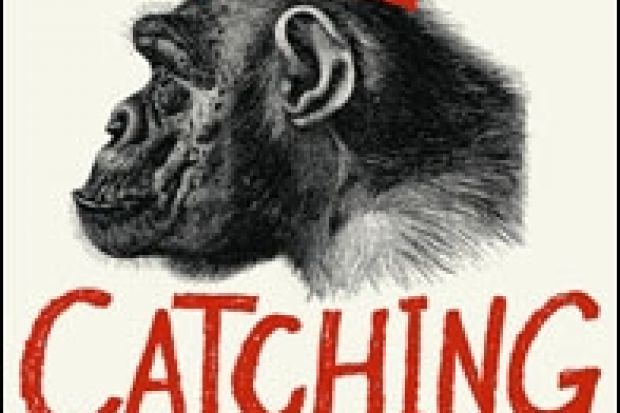It's not often that you find fashionable chefs such as Moro's Samuel Clark or Nigella Lawson endorsing the latest book on human evolution, but then this is an unusual and compelling read. Richard Wrangham, a British primatologist and professor of human evolutionary biology at Harvard University, tells us that without the ability to cook we'd still be grubbing about for berries in the forest with super-sized jaws, spiky teeth, hopeless reproduction and survival rates, and frankly inferior brains: there would certainly be no internet, organ transplants or budget city breaks.
The author's "big idea" is that eating cooked food, with its high caloric density, enabled us to develop from the small, ape-like but upright habilines of 2 million years ago into modern humans. As we moved away from a raw food diet our anatomy was transformed: our mouths, teeth and stomachs became smaller, but our brains got bigger as energy was diverted away from processing our food and we became better nourished. The human species flourished; we put on weight, grew taller, lived longer and reproduced more effectively. The downside for women was that they became domestic slaves responsible for providing men with a home-cooked meal after a hard day's hunting: we still seem to have a problem with this one.
Wrangham is "confident that cooking began more than 300,000 years ago", pre-dating the emergence of Homo sapiens by about 100,000 years. He presents evidence that it could go back still further. There is, as with any ancient history, a fair amount of speculation and the evidence has to be pieced together from a number of fields including archaeology, primatology and anthropology, as well as nutritional research and some very entertaining stories. There's the one about the 19th-century soldier who survived most of his torso being blown off with a shotgun thereby exposing his stomach, only to spend the next eight years as a live and ongoing digestive tract experiment for an opportunistic doctor. We also learn about old-fashioned meat-tenderising techniques: Genghis Khan's army would stick slabs of meat under their saddles so that by the end of the day they had digestible high-protein ready meals.
Wrangham is tireless in his research, trying monkey foods even though they "taste so foul that I can barely swallow them". Travels to remote societies reveal possible early recipe ideas: anyone fancy scooping marrow out of maggot-infested bones? He seems to take particular delight in identifying the likely deficiencies in our ancestors' diet by looking at modern-day "raw foodies". He notes their bodies have to work very hard to extract the necessary calories from uncooked foods, often resulting in unhealthily low BMIs and diminished fertility.
As someone who believes cooking to be an important part of human life, I admit I am cheering Wrangham on as I read this fairly convincing argument about the centrality of cooking. I wonder what his findings could tell us about our future. Evolution shows us that the ability to select appropriate foods is key to survival. In what is a mere blip in evolutionary terms, during the past 40 years we appear to have lost this skill. Instead we rely on a handful of multinationals to fill supermarkets with highly processed foods. As increasing waistlines and diet-related diseases show, we can no longer select appropriate foods for ourselves and our children; we are also increasingly unable to cook. Perhaps we are going backwards?
Catching Fire: How Cooking Made Us Human
By Richard Wrangham. Profile Books, 320pp, £15.00. ISBN 9781846682858. Published 24 September 2009
